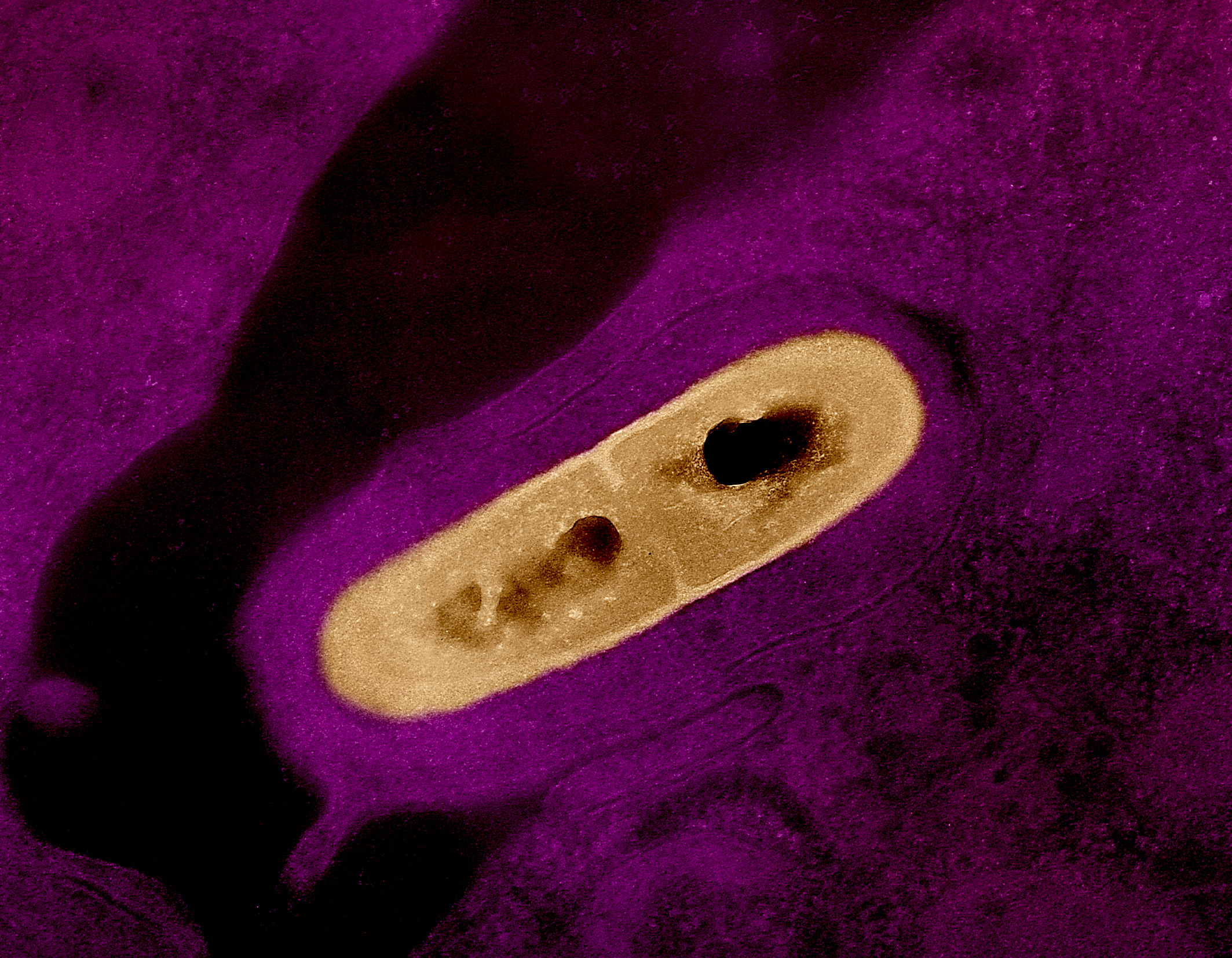The FDA has not yet identified…
Report by
Outbreaks
The FDA has not yet identified…
Outbreak
Gastrointestinal Outbreak linked to Birrieria Tijuana and Carnita's Mr. Porky Taqueria
2 days ago •source kingcounty.gov • details
Outbreak
Sussex County Health Officials Investigate Gastrointestinal Illness Outbreak
3 days ago •source sussex.nj.us • details
Outbreak
Mushroom Poisoning Outbreak in California Linked to Death Cap and Destroying Angel
4 days ago •source saccounty.gov • details
Outbreak
E. Coli Outbreak in Ada County linked to R Bar H Raw Milk Consumption
1 week ago •source cdh.idaho.gov • details
The investigation by CDH includes interviews…
Outbreak
Clostridium Perfringens Outbreak at The Corner House linked to Meat Consumption
1 week ago •source phw.nhs.wales • details
The outbreak investigation was a collaborative effort involving Public Health Wales, Shared Regulatory Services, the Food Standards…
Outbreak
Raw Dairy Products Do Not Consume Warning due to Listeria Contamination
1 week ago •source nmhealth.org • details
Outbreak
Listeriosis Outbreak in Norway linked to Smalahovetunet Voss Products
1 week ago •source fhi.no • details
The outbreak has…
Outbreak
Gastroenteritis Outbreak in Balmoral Cruise Ship
2 weeks ago •source shetlandtimes.co.uk • details
The outbreak on…











